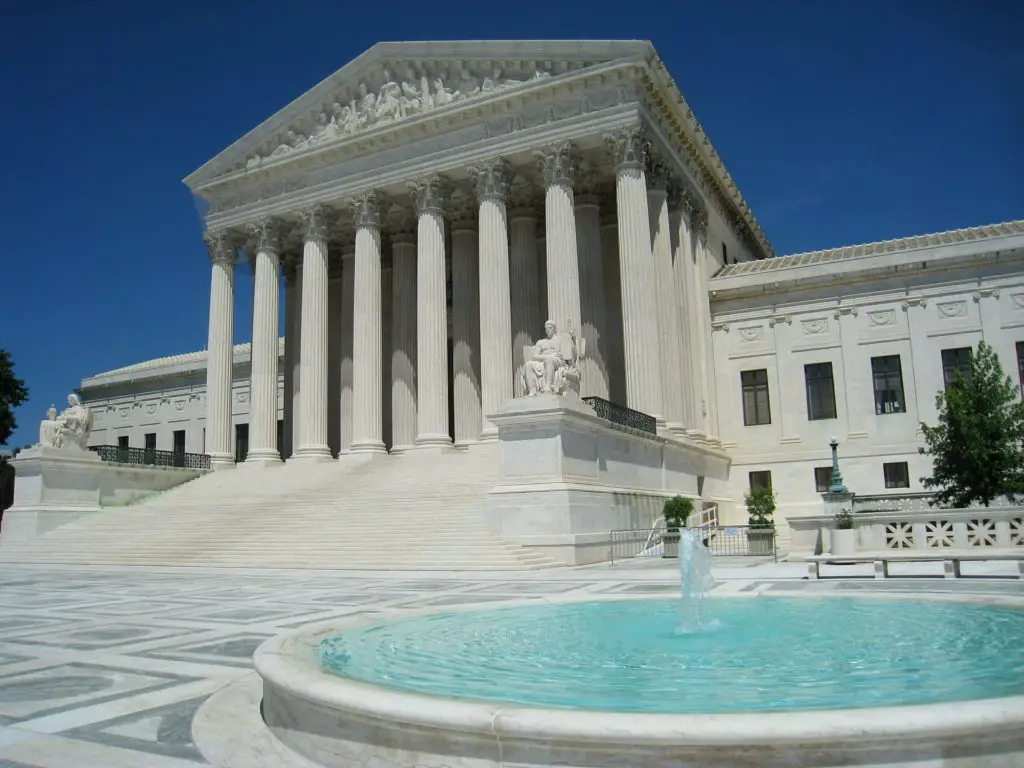The US Supreme Court has revived a free speech lawsuit against Georgia Gwinnett College after a former student complained that the school restricted him from distributing religious flyers on campus.
On Monday, the Supreme Court ruled 8-1 in favor of Chike Uzuegbunam, allowing him to seek nominal damages even though the Lawrenceville-based college has since adjusted its policies. Chief Justice Clarence Thomas delivered the court’s majority decision.
“This case asks whether an award of nominal damages by itself can redress a past injury. We hold that it can,” Thomas wrote.
“For purposes of this appeal, it is undisputed that Uzuegbunam experienced a completed violation of his constitutional rights when respondents enforced their speech policies against him. Because ‘every violation [of a right] imports damage,’ nominal damages can redress Uzuegbunam’s injury even if he cannot or chooses not to quantify that harm in economic terms,” he added.
The Dispute
The origin of this long-standing conflict goes back five years to when Uzuegbunam and fellow student Joseph Bradford were prohibited from sharing their Christian faith and flyers with other students on campus. Georgia Gwinnett officials said that such activities need permission from the school administration and are only allowed in designated “free speech” zones.
After following the directives, Uzuegbunam tried again but was stopped by campus police officers. They confiscated his student ID and threatened him with disciplinary action if he continued to express his faith.
The conservative group Alliance Defending Freedom (ADF) represented the students in a suit against the school in December 2016. Two years later, a federal court judge dismissed the lawsuit since the college had addressed the core issues that led to the legal challenge in the first place.
Response to Ruling
ADF approved of the Supreme Court ruling. The group’s general counsel, Kristen Waggoner, pointed out that nominal damages are important because if government officials treat constitutional rights as “worthless,” they will become worthless.
Georgia Gwinnett College also released a statement Monday after the ruling: “Georgia Gwinnett College has supported and continues to support the rights of individuals to freely and openly share their thoughts and ideas on the College’s campus in accordance with the First Amendment. Georgia Gwinnett College cannot otherwise comment on pending litigation.”

